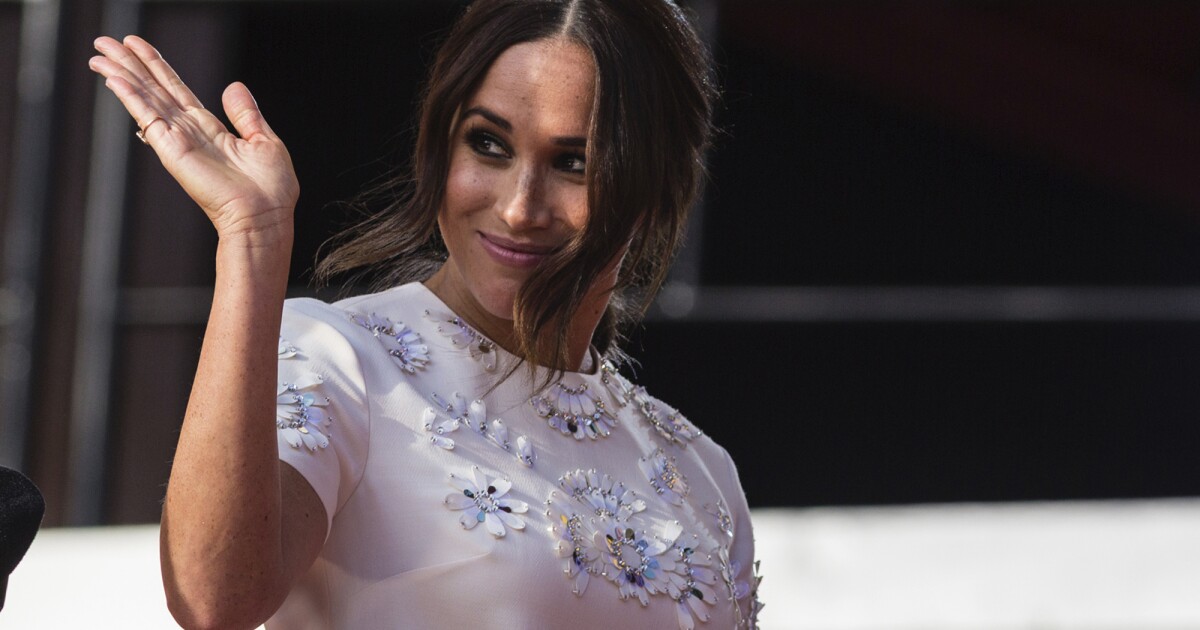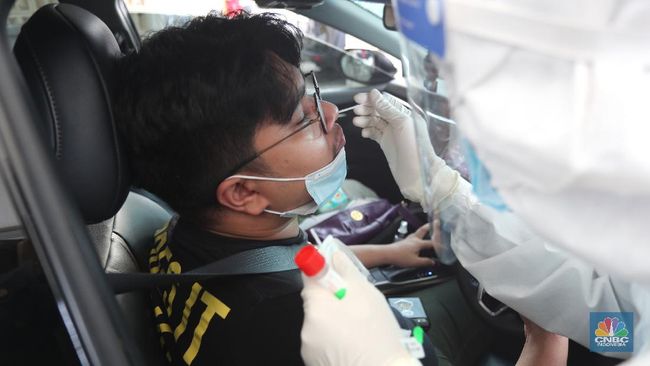The Duchess of Sussex won the latest chapter in her long legal battle to protect her privacy on Thursday against an editorial in a British newspaper that published parts of a letter she wrote to her estranged father.
The Court of Appeal in London upheld the Superior Court’s ruling that the publisher of The Mail on Sunday and the MailOnline site violated the privacy of the Duchess, previously known as Meghan Markle, by reproducing a large part of the handwritten letter. which she sent to her father, Thomas Markle, after she married Prince Henry in 2018.
Newsletter
Receive the latest news in Spanish Monday, Wednesday and Friday.
–
Subscribe to our newsletter
You may occasionally receive promotional content from the San Diego Union-Tribune en Español.
–
Associated Newspapers appealed the decision in the Court of Appeals, which had a hearing last month. In dismissing the appeal, Chief Judge Geoffrey Vos said Thursday that “the Duchess had a reasonable expectation of privacy about the contents of the letter. Those contents were personal, private and not matters of legitimate public interest ”.
The publisher said it was “very disappointed” and is considering an appeal to the Supreme Court of Great Britain.
In a statement, Meghan, 40, condemned the publisher for threatening the lawsuit as if it were “a game without rules” and said that the ruling is “a victory not only for me, but for everyone who has ever been fearful sense of fighting for what is right ”.
Associated Newspapers published nearly half of the letter in five articles in August 2018. Her attorneys disputed Meghan’s claim that she did not plan for the letter to be seen by anyone other than her father.
They claimed that correspondence between Meghan and her then communications secretary, Jason Knauf, showed that the Duchess suspected her father might leak the letter to journalists and wrote it with that in mind.
The publisher also argued that the publication of the letter was part of Thomas Markle’s right of reply following a People magazine interview with five of Meghan’s friends who alleged that he was “treating his daughter coldly” prior to their royal wedding.
But Vos said the article, which the Mail on Sunday described as “sensational” was “billed as a new public revelation” rather than focus on Thomas Markle’s response to negative media reports about him.
In its appeal, Associated Newspapers had also argued that Meghan made private information public by cooperating with Omid Scobie and Carolyn Durand, authors of “Finding Freedom,” a book that is empathetic to the Duchess and Harry.
The duchess’s lawyers had previously denied that she or Enrique collaborated with the perpetrators. But Knauf said when presenting evidence to the court that he gave information to the perpetrators and made this known to Harry and Meghan.
Knauf’s evidence, previously undisclosed, was a dramatic turnaround in the long-running case.
In response, Meghan apologized for misrepresenting the court about her cooperation with the book’s authors.
The duchess said she had no recollection of conversations with Knauf when she gave evidence previously in the case and said she “had absolutely no desire or intention to misrepresent the defendants or the court.”
Meghan, a former star of the American legal drama series “Suits,” married Queen Elizabeth II’s grandson Harry at Windsor Castle in May 2018.
Meghan and Harry announced in early 2020 that they were resigning their royal duties and moving to North America, citing serious intrusions on their privacy and racist attitudes in the British media. They settled in Santa Barbara, California, where they live with their two children.
In her statement Thursday, Meghan said she had been subjected to “calculated deception, intimidation and attacks” in the three years since the lawsuit began.
“The longer they dragged on, the more they twisted the facts and manipulated the population (even during the same appeal), making a simple case extraordinarily convulsive to generate more headlines and sell more newspapers, a model that benefits chaos over the true, ”he said.
Associated Newspapers had said the case should go to trial over Meghan’s claims against the publisher.
The publisher said in a statement Thursday that it considered that “the trial should be given only on the basis of the evidence proven at trial,” especially since “Mr. Knauf’s evidence casts doubt on the duchess’s credibility.”
Lawyer Mark Stephens, who specializes in media law and was not connected to the case, said he believed the publisher would appeal, although it would be unusual for Britain’s Supreme Court to take such a case. He said the publisher could also try to appeal to the European Court of Human Rights.
“There is a matter of principle here, which is whether this case should end before a trial without disclosures, without testing the evidence,” Stephens said. The ruling did not clarify doubts as to whether the letter to Thomas Markle “was always intended by Meghan’s team to be published and leaked for use as outreach material,” he added.
Associated Newspapers “was entitled to this trial and I think that is just going to prolong the pain for Meghan Markle,” Stephens said.
–


